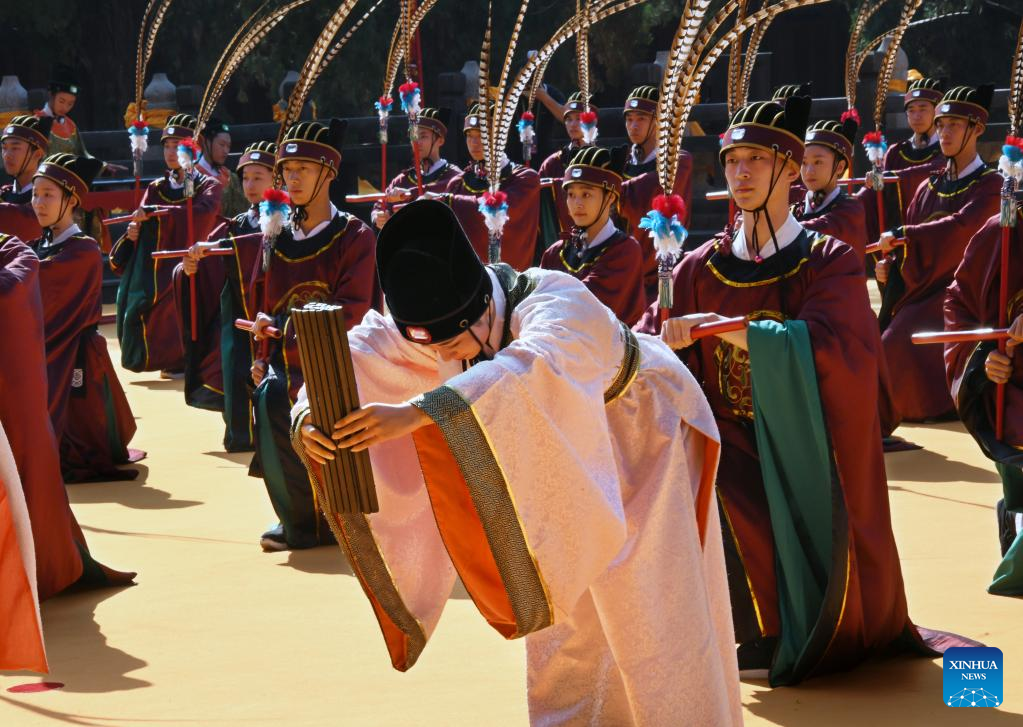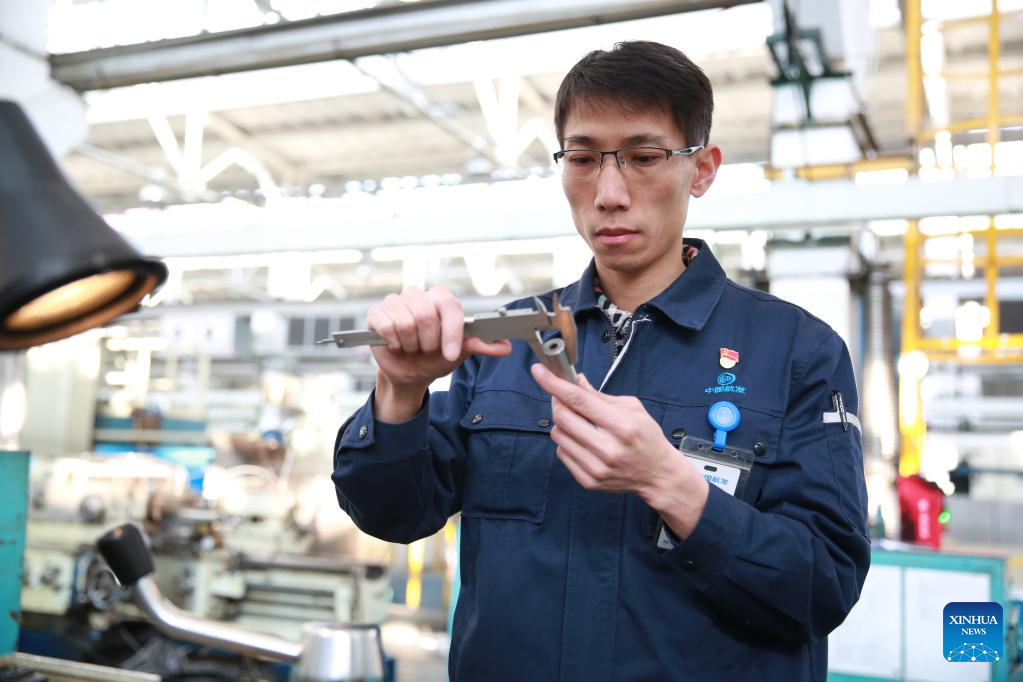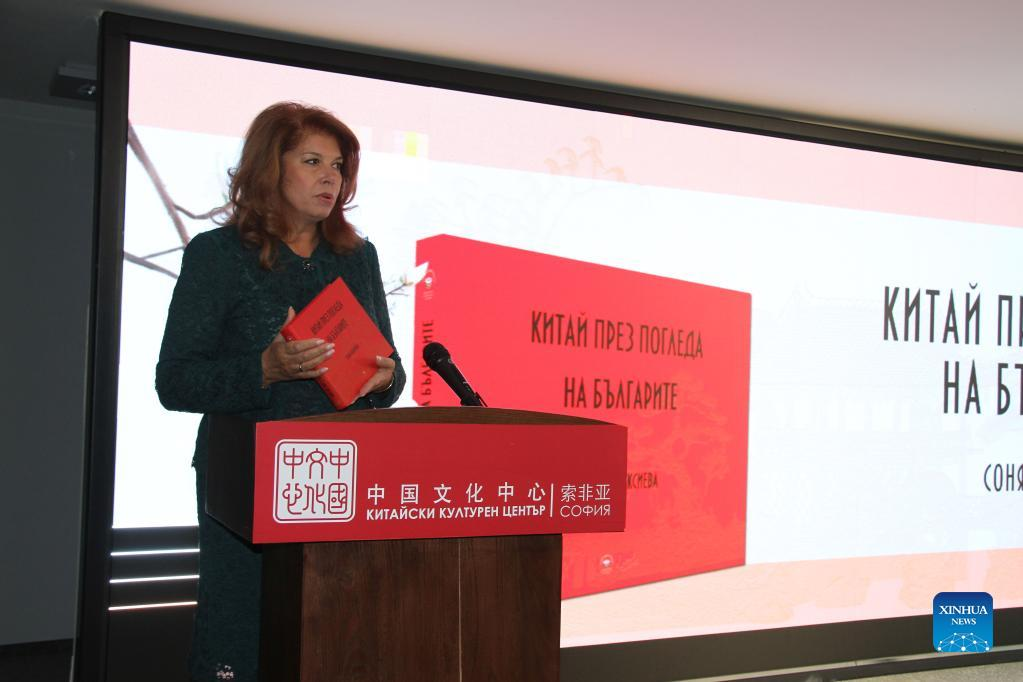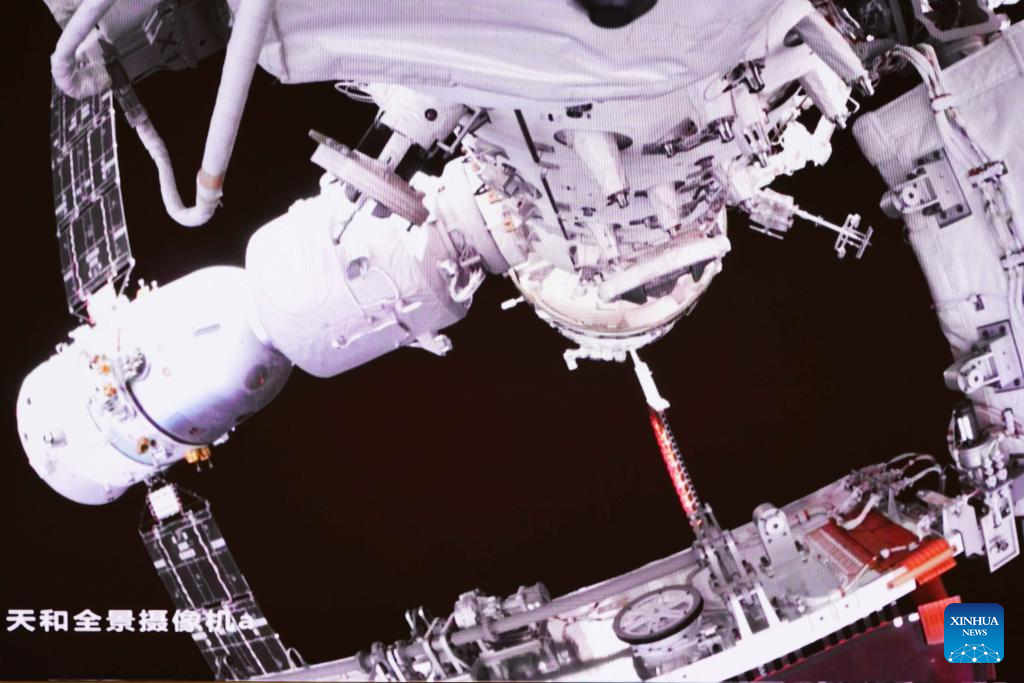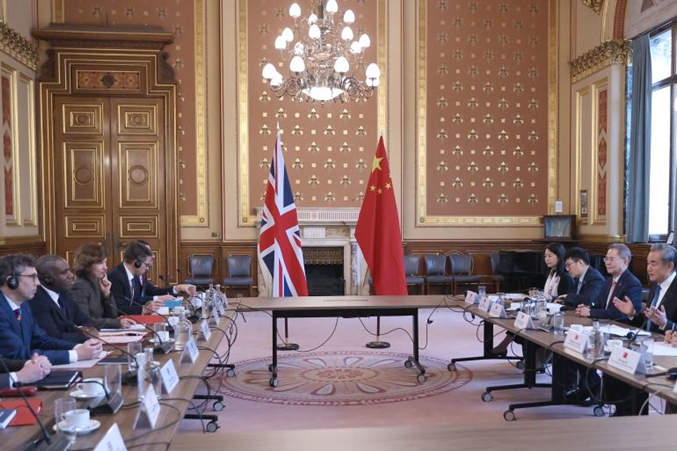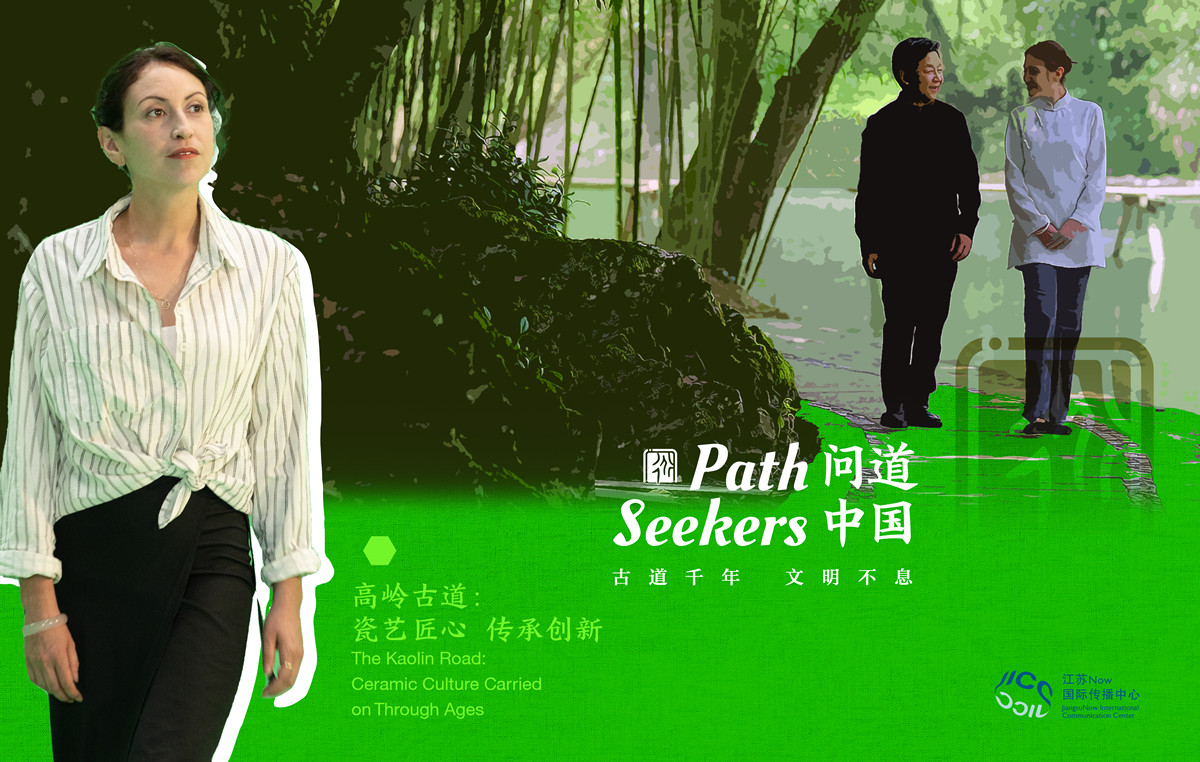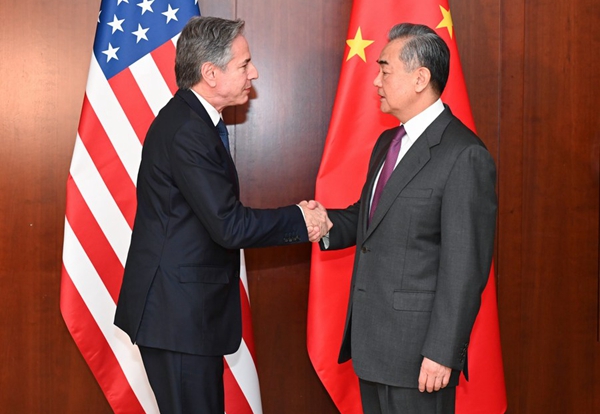
Chinese Foreign Minister Wang Yi (R), also a member of the Political Bureau of the Communist Party of China Central Committee, shakes hands with U.S. Secretary of State Antony Blinken during their meeting on the sidelines of the Munich Security Conference in Munich, Germany, on Feb. 16, 2024. (Xinhua/Ren Pengfei)
MUNICH, Germany, Feb. 17 (Xinhua) -- Chinese Foreign Minister Wang Yi on Friday called for a sound, steady and sustainable development of China-U.S. ties.
Wang, also a member of the Political Bureau of the Communist Party of China Central Committee, made the remarks during a meeting here with U.S. Secretary of State Antony Blinken on the sidelines of the ongoing Munich Security Conference.
During the meeting, the two sides had candid, substantive and constructive discussions.
Wang said President Xi Jinping and President Joe Biden had a successful meeting at the end of last year, where they exchanged in-depth views on strategic, overall, and directional issues in the China-U.S. relations and reached important consensus.
Wang said the most important task for both sides currently is to follow the strategic guidance of the two heads of state to make the "San Francisco vision" a reality, so as to promote a sound, steady and sustainable development of bilateral relations.
To this end, the two sides should adhere to the principles of mutual respect, peaceful coexistence and win-win cooperation and actively explore the right way for the two major countries to get along with each other, Wang noted.
The U.S. side should view China's development objectively and rationally, and adopt a positive and pragmatic policy towards China, and implement President Biden's commitments into concrete actions, Wang added.
The top Chinese diplomat also stressed that there is only one China in the world and Taiwan is part of China's territory, which is the true status quo of the Taiwan question. He added that what is trying to change the status quo is the "Taiwan independence" separatist activities and the connivance and support of external forces.
If the United States genuinely hopes for stability across the Taiwan Strait, it should abide by the one-China principle and the three Sino-U.S. joint communiques, and carry out its commitment of not supporting "Taiwan independence," he said.
Wang said that the pursuit of turning "de-risking" into "de-sinicization," building "small yard, high fence" and "decoupling from China" will eventually backfire on the United States itself. He called on Washington to lift illegal unilateral sanctions against Chinese companies and individuals and not undermine China's legitimate rights to develop.
The two sides also exchanged views on people-to-people exchanges and on facilitating personnel exchanges.
Wang urged the U.S. side to stop unwarranted harassment and interrogation of Chinese citizens and to promote activities that enhance mutual understanding between the two peoples.
"An act of kindness, no matter how trivial, is worth performing, while an act of evil, no matter how small, must be shunned," Wang noted.
The two sides discussed exchanges at all levels between the two countries in the next stage, and agreed to maintain dialogue and communication in various fields and continue to carry out the "San Francisco vision."
Speaking highly of the work of the China-U.S. counter-narcotics cooperation working group, the two diplomats expressed the hope that the coming high-level meeting between the law enforcement departments of the two countries will achieve positive results.
In addition, they agreed to continue to promote dialogue and consultation on foreign policy, Asia-Pacific affairs, maritime affairs and artificial intelligence, and maintain communication between the two militaries.
The two sides also exchanged views on the Ukrainian crisis, the Palestine-Israel conflict, the Korean Peninsula and other regional hotspot issues, and agreed to maintain contact between the two sides' special envoys for Peninsula affairs.




